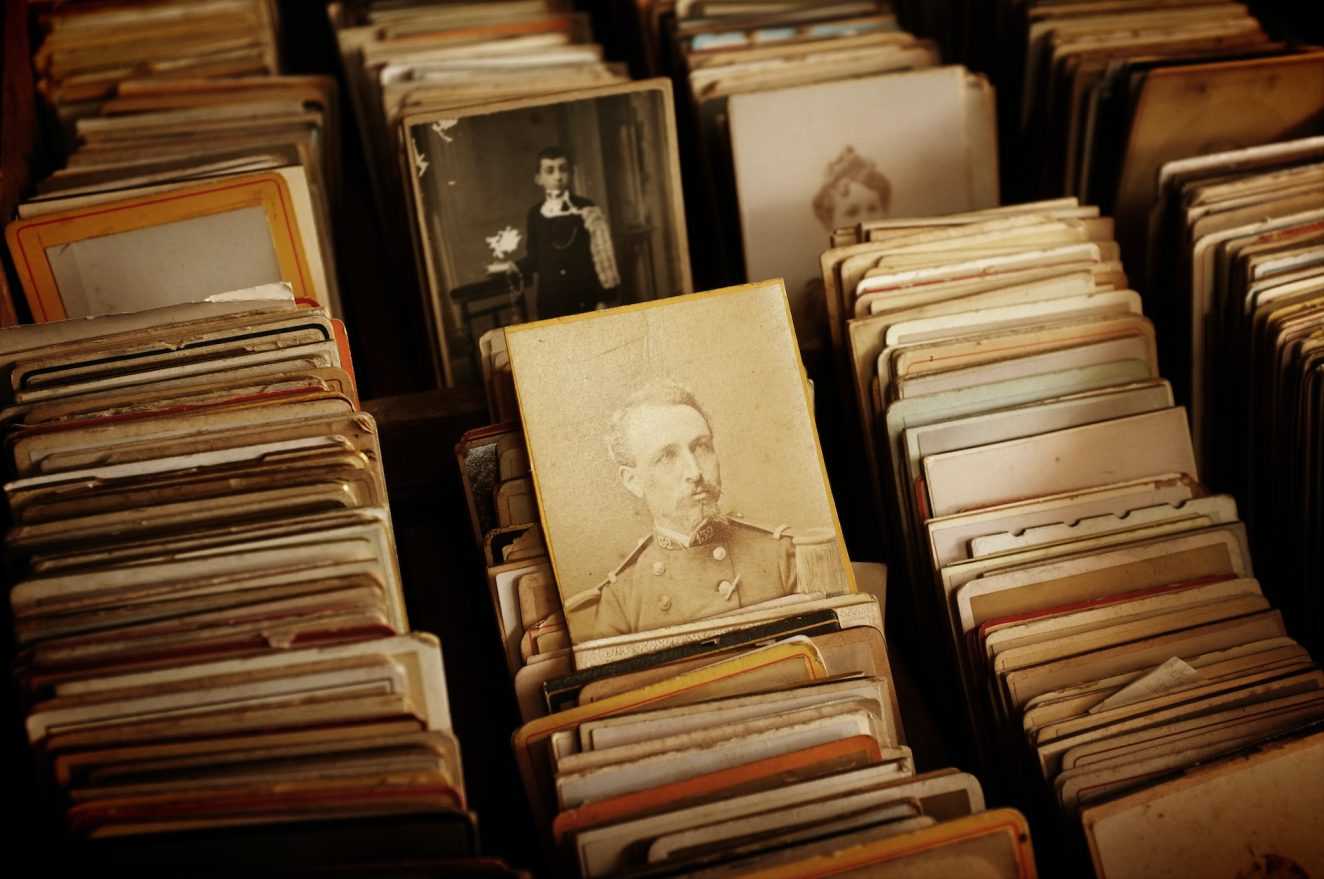History is a wide, intricate tapestry woven from the threads of countless moments, and yet, amid this vast panorama, there are singular events that stand out as pivotal, forever altering the course of human civilization. These are the moments when the currents of time shift, and the very foundations of societies are reshaped. In this illuminating journey through history, we will explore those remarkable events that have truly changed the world.
We’ll delve into the specific dates, the names of places and people, and the seismic shifts they triggered—events that have left an indelible mark on our collective history, influencing the way we live, think, and relate to the world today.
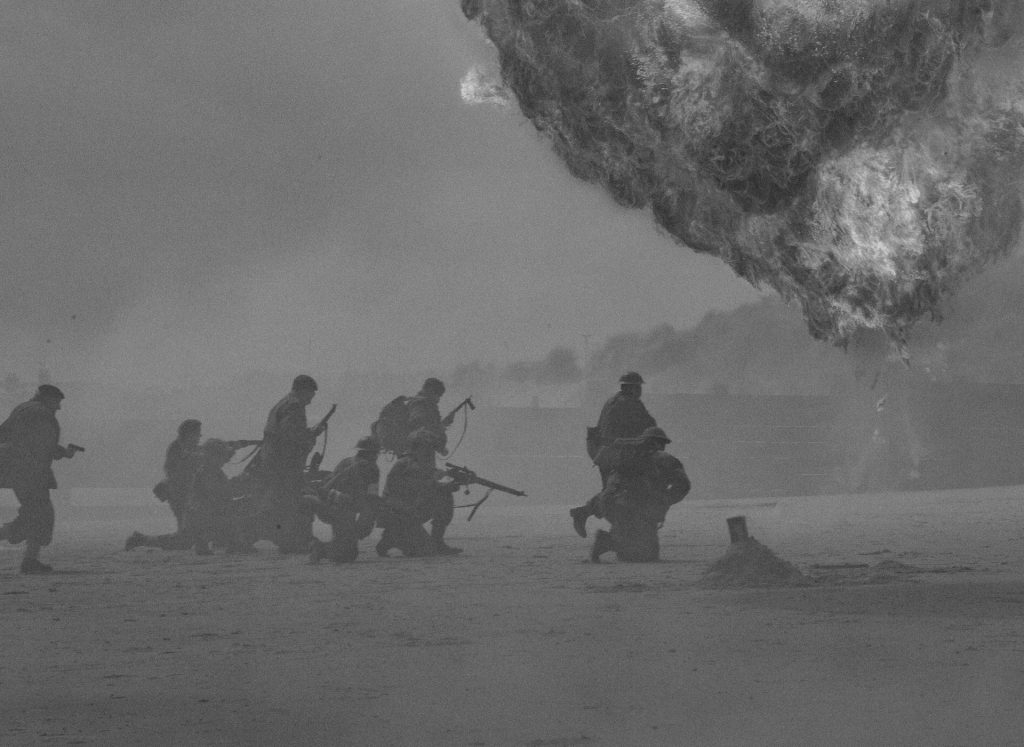
The Fall of Constantinople (May 29, 1453)
The Fall of Constantinople was a defining moment in history, an event that forever altered the geopolitical landscape of Europe and Asia Minor. On that fateful day, May 29, 1453, the walls of the great Byzantine capital succumbed to the relentless assault of Mehmed the Conqueror’s Ottoman forces. With this conquest, the Byzantine Empire fell, and the Ottoman Empire ascended. Trade routes were redirected, cultures merged, and the course of history was irrevocably transformed.
The Printing Revolution (15th Century)
The 15th-century invention of the printing press by Johannes Gutenberg was a revelation that ignited the Printing Revolution. With the widespread availability of printed materials, knowledge dissemination accelerated exponentially. This technological marvel birthed the Renaissance, fueled the Reformation, and illuminated the Enlightenment, forever changing the landscape of human thought, religion, and politics.
The American Revolution (1775-1783)
The American Revolution, spanning from 1775 to 1783, culminated with the Treaty of Paris, forever marking the birth of the United States of America. Guided by visionaries like George Washington and Benjamin Franklin, the thirteen American colonies succeeded in gaining independence from British rule, setting a profound precedent for self-determination and democracy worldwide.
The Industrial Revolution (Late 18th to Early 19th Century)
The Industrial Revolution, emerging in the late 18th century and extending into the early 19th century, transformed agrarian societies into industrial powerhouses. Pioneered by game-changing inventions like the steam engine and the spinning jenny, this era reshaped economies and societies, heralding an age of unprecedented technological advancement and global trade.
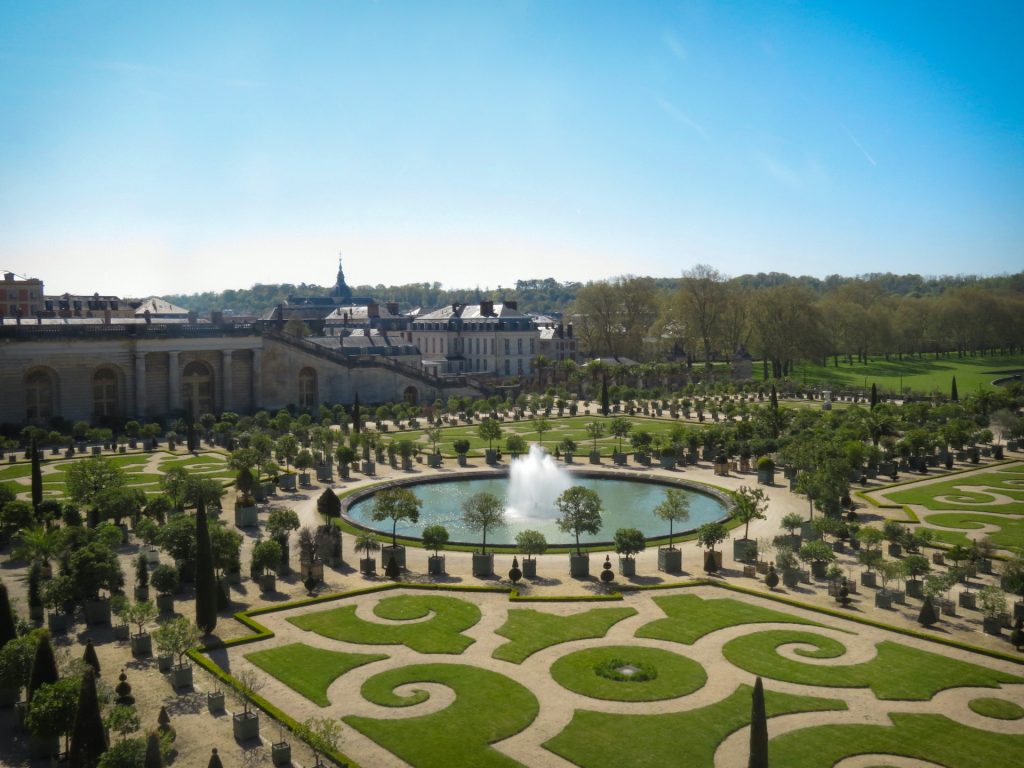
The End of Apartheid (1994)
The year 1994 witnessed a historic event that reshaped the course of human rights and equality. Nelson Mandela’s election as president in South Africa marked the end of apartheid, a dark chapter in human history characterized by racial segregation. This event not only united a nation but also inspired global movements against systemic oppression, fostering hope and reconciliation.
The Fall of the Berlin Wall (November 9, 1989)
The Fall of the Berlin Wall on November 9, 1989, was a momentous event that symbolized the end of the Cold War era. It led to the reunification of East and West Germany and sent shockwaves throughout the world, signifying the decline of communism and the triumph of democracy and capitalism. The Wall’s collapse was a powerful metaphor for the dismantling of ideological divisions.
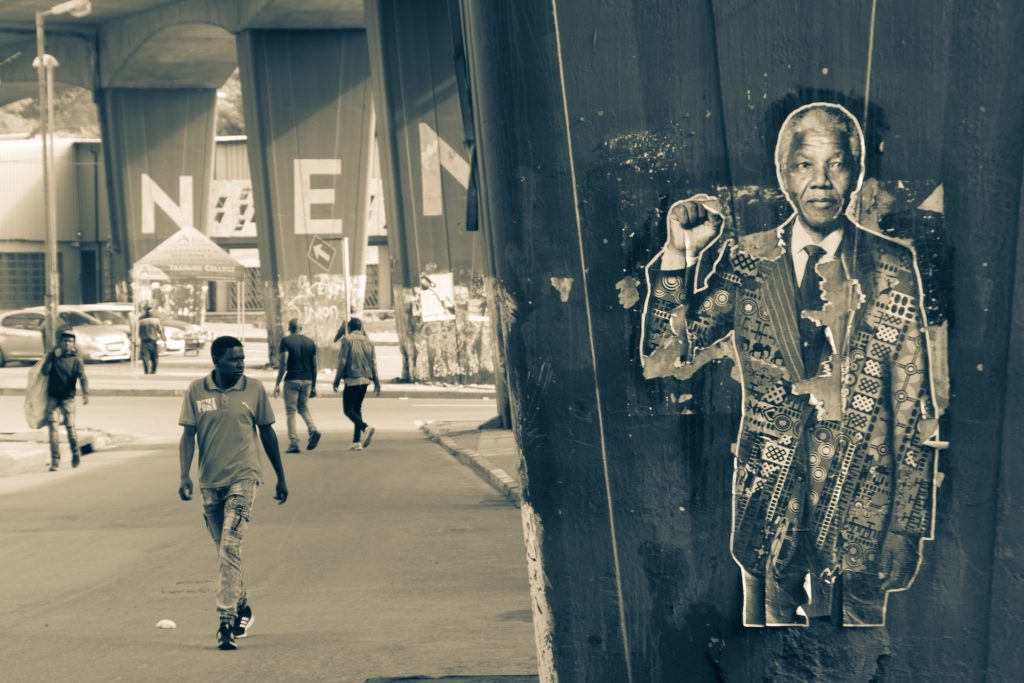
The Moon Landing (July 20, 1969)
On July 20, 1969, humanity took a giant leap into the cosmos with the Apollo 11 moon landing. Astronauts Neil Armstrong and Buzz Aldrin’s historic steps on the lunar surface showcased humanity’s indomitable spirit, capability for innovation, and our eternal quest for exploration. This achievement expanded our understanding of space and left an enduring legacy of scientific exploration.
The Treaty of Versailles (June 28, 1919)
The Treaty of Versailles, signed on June 28, 1919, marked the formal end of World War I but carried profound implications for the decades to come. Its punitive terms, imposed on Germany, contributed to economic hardships and simmering resentments, ultimately setting the stage for World War II. This event, in its complex web of causes and consequences, profoundly shaped the course of the 20th century and forever altered international diplomacy.
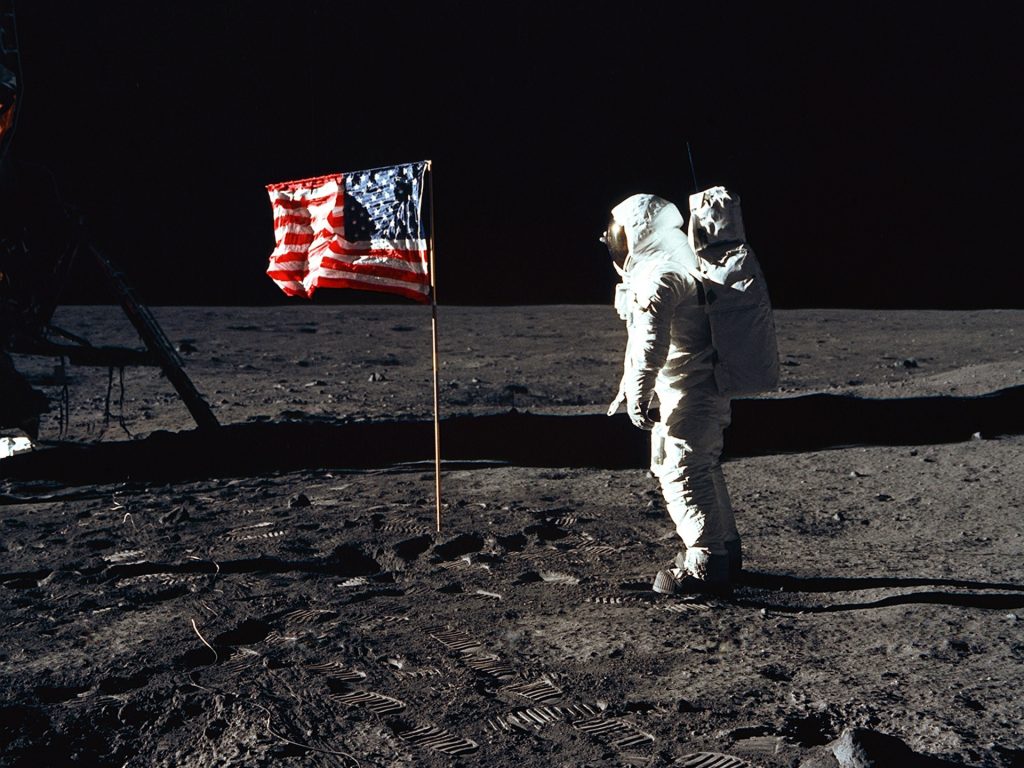
As we reflect on these moments that have punctuated the annals of history, we recognize that they are but a few threads in the grand tapestry of human existence. Each event has left an indelible mark, forging the world we know today.
These turning points, driven by individuals, nations, and ideas, inspire us to navigate the future with wisdom and understanding, honoring the lessons of the past as we shape the destiny of generations yet to come.

